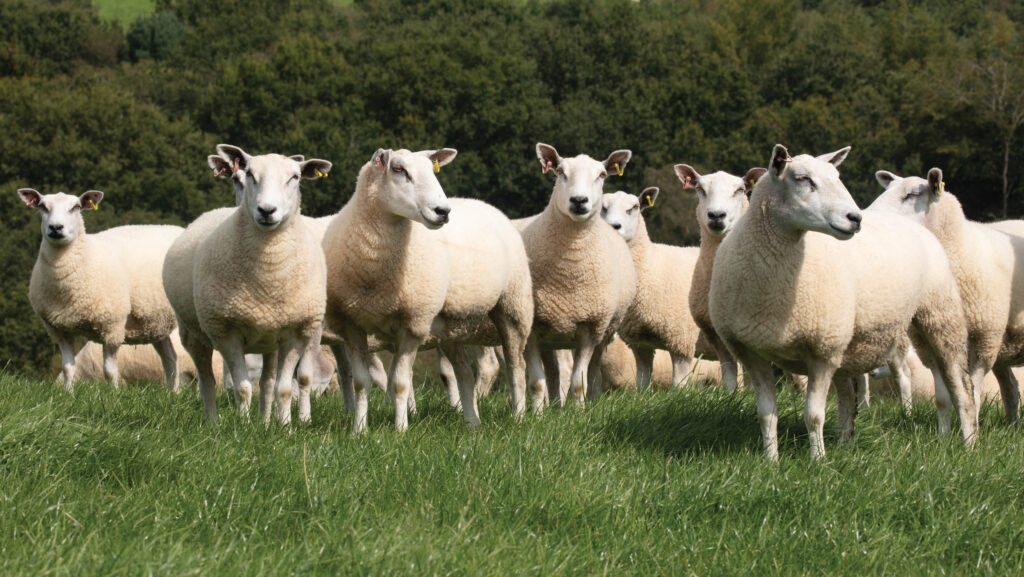All-England bluetongue zone to be introduced from 1 July
 © Tim Scrivener
© Tim Scrivener Defra has confirmed the bluetongue virus restricted zone will be extended to cover the whole of England from 1 July 2025.
The existing zone covers the eastern half of the country as well as the north of England, with restrictions in place on animal movements.
Movement restrictions within England will end from 1 July and livestock will no longer require pre-movement tests.
See also: Single case of BSE confirmed on Essex farm
Defra says the decision to extend the zone was made as the area of the country where bluetongue had been found had become too large for movement restrictions to properly control the disease.
Vaccines are available for bluetongue serotype 3 (BTV-3) in England and the government has encouraged livestock farmers to discuss vaccine use with their veterinary practice.
UK chief veterinary officer, Christine Middlemiss, said movement controls had slowed the westerly spread of bluetongue until vaccines were available.
She added: “We are now moving away from government imposed movement controls which are costly and disruptive to farming particularly those within the zones.
“An all-England restriction zone will allow livestock farmers currently impacted by burdensome restrictions to be on equal footing with the rest of England.
“We encourage all farmers and keepers to discuss the use of BTV-3 vaccines to protect their herds and flocks with their private vet as this is the most effective way of protecting susceptible species.”
Vaccination push
Vaccination remains the favoured long-term option for disease control, according to Ruminant Health and Welfare.
The National Sheep Association has also encouraged sheep farmers to speak to their vets regarding vaccination following the announcement.
Additional guidance on the new bluetongue restriction zone is due to be issued by Defra on 12 June.
Further control measures in Scotland and Wales are also being considered and announcements are expected to be made by devolved assemblies by 12 June.
Bluetongue remains a notifiable disease and farmers have been urged to report any clinical signs to the Animal and Plant Health Agency (Apha).
